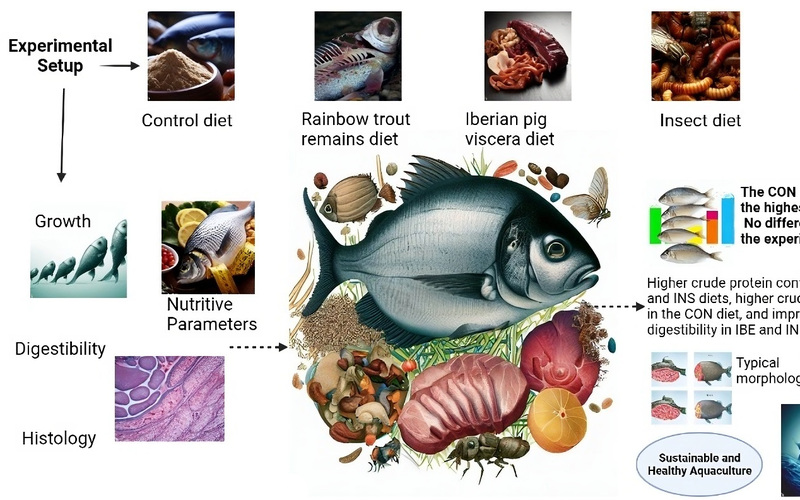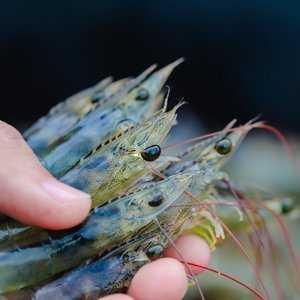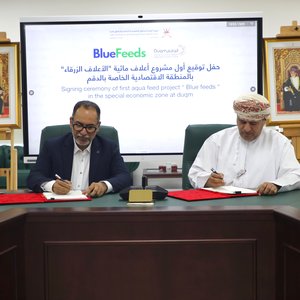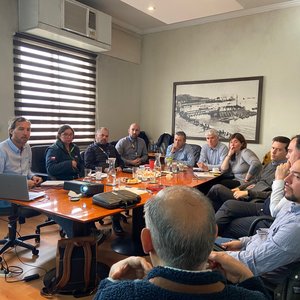In recent years, there has been a growing interest in organic aquaculture practices that promote sustainability and animal welfare. One crucial aspect of organic aquaculture is the development of organic diets that replace conventional fishmeal with alternative protein sources.
A recent 120-day experiment conducted on gilthead seabream (Sparus aurata) sheds light on the effects of using new organic raw materials in their feeding. The study compared a diet with fishmeal as a protein source with three experimental diets, all comprising 100% organic raw materials. These raw materials included rainbow trout remains (TRO), visceral Iberian pig (IBE), and insects as a protein source (INS).
Gilthead seabream fed the CON diet exhibited the highest weight, while there was no significant difference in weight gain among the experimental diets. This suggests that the organic diets can provide comparable growth performance to the traditional fishmeal-based diet.
The crude protein content was found to be highest in seabream fed the TRO and INS diets, demonstrating the suitability of these alternative protein sources. Conversely, the CON diet had the highest crude fat content. Seabream-fed IBE and INS diets showed high digestibility, indicating that these organic diets are efficiently processed by the fish. However, no significant differences in retention efficiency were observed, except for EAA methionine (Met).
Despite diet differences, the seabream maintained a typical healthy liver morphology. Seabream fed the TRO and INS diets exhibited shorter distal gut measurements. This may indicate improved nutrient absorption and utilization.
“The research demonstrates the feasibility and potential benefits of fully substituting fishmeal with organic raw materials in gilthead seabream diets. The inclusion of rainbow trout remains, visceral Iberian pig, and insects as protein sources offer advantages in terms of digestibility, histology, and growth performance. These findings have significant implications for the organic aquaculture industry and can contribute to the development of more sustainable and healthier production practices,” said Eslam Tefal, PhD. student at Universidad Politécnica de Valencia and assistant lecturer at Damanhour University.
Check out the study here.













